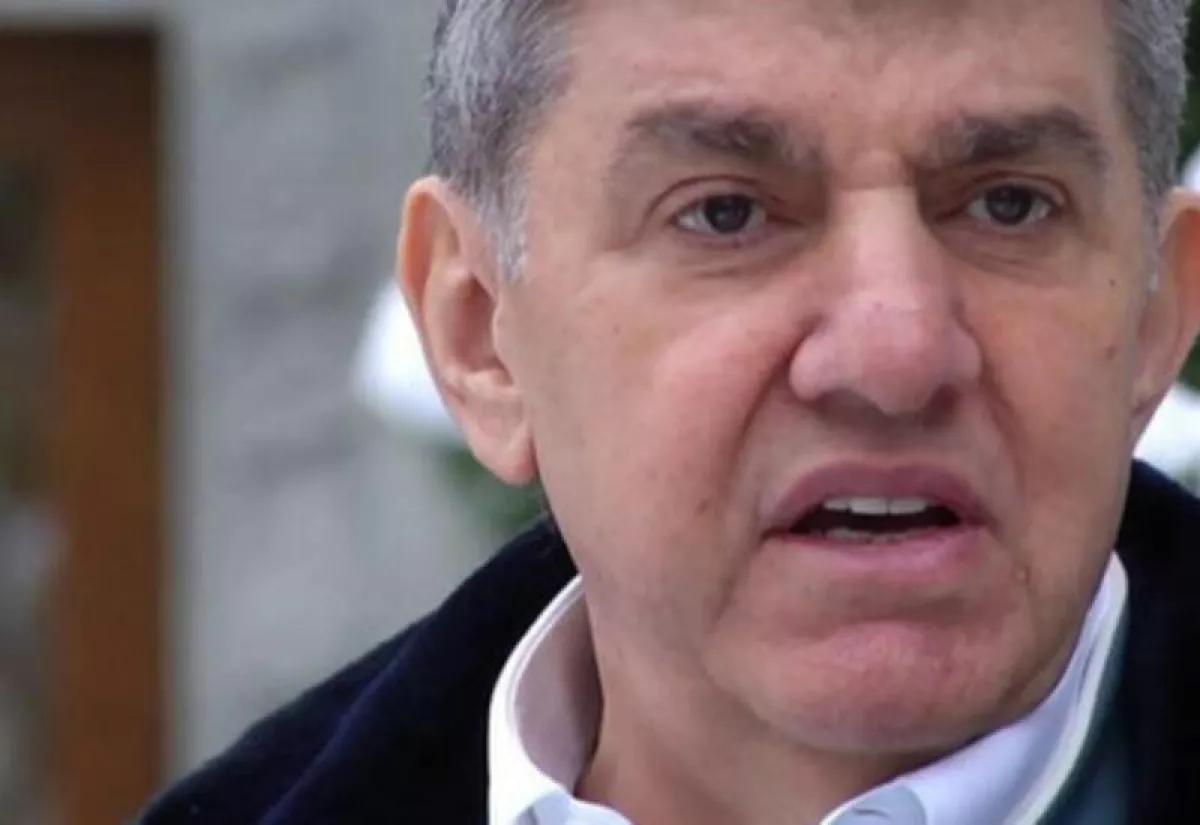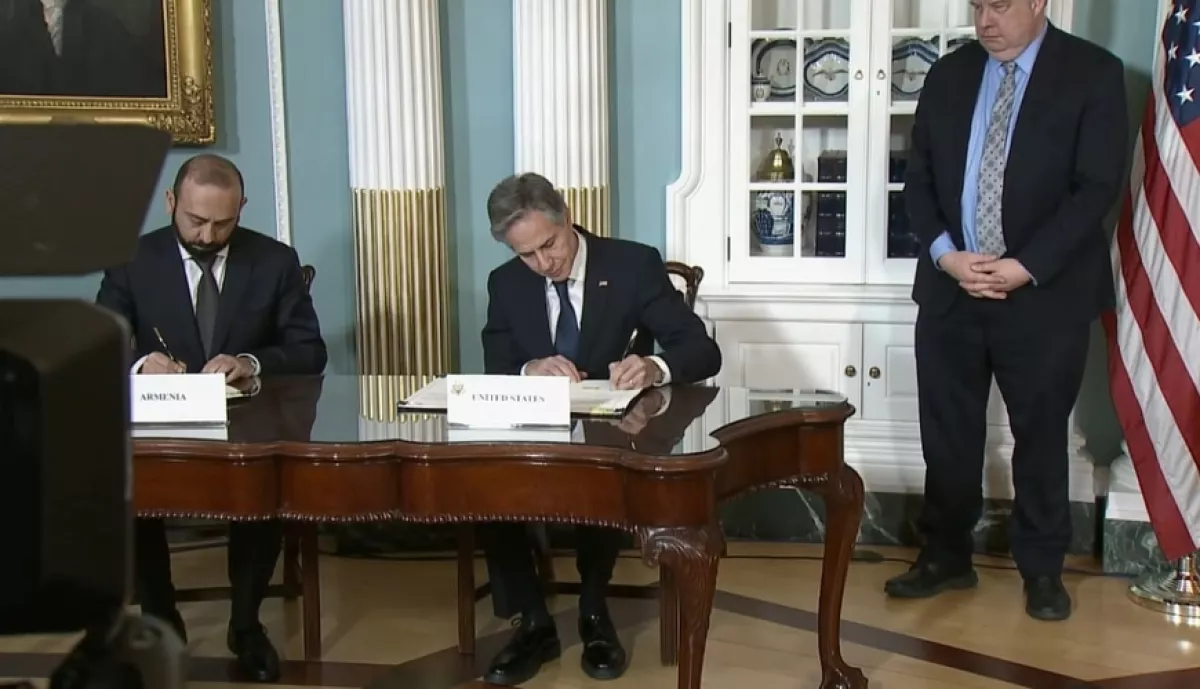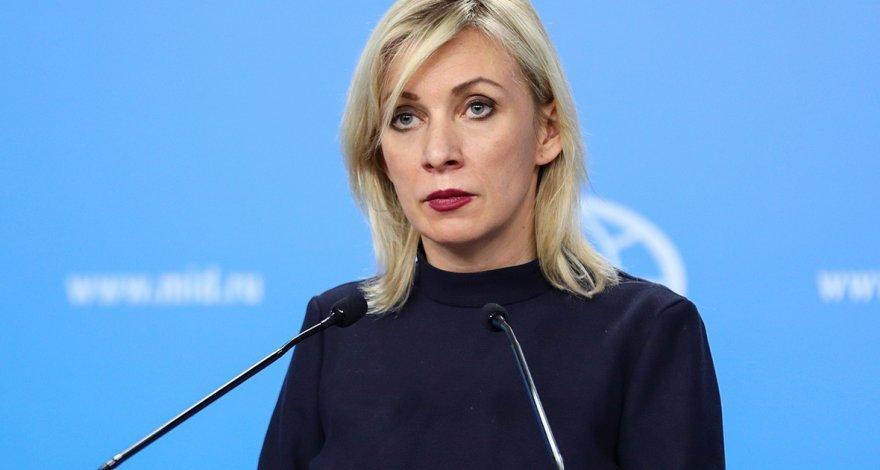Moscow’s “Trojan Horse” for Yerevan Will Pashinyan pass the test?
Against the backdrop of rapidly deteriorating relations between Moscow and Yerevan, there are growing signs that the Kremlin is preparing the ground for interference in Armenia’s parliamentary elections scheduled for June 2026.
This conclusion seems warranted in light of some rather telling remarks made by Ara Abrahamyan, head of the Union of Armenians of Russia, in an interview with a Russian news agency. He stated his readiness to support opposition forces in Armenia and to help consolidate political groups opposing current Prime Minister Nikol Pashinyan ahead of the parliamentary vote.

“While I do not intend to take part in the upcoming elections myself, I will nevertheless use all my resources to support the unification of healthy forces that can consistently and patriotically tap into the country’s economic and human potential—including that of the diaspora—to revive Armenia,” Abrahamyan declared with great pathos. He justified his intentions by claiming that “Pashinyan’s government lost Karabakh, is handing over control of the country’s key assets to foreigners, increasing Armenia’s debt, fuelling price hikes,” and so on.
In short, after accusing the current authorities of every possible sin, he all but painted Nikol Pashinyan as the enemy of all Armenians—an assertion that fits neatly into the framework of Russian interests. Put simply, by using Abrahamyan as its mouthpiece, Moscow has indirectly signalled to the Armenian government that it intends to interfere in the upcoming parliamentary elections—likely through a scenario that will be unwelcome to the current leadership in Yerevan.
In fact, such a move by the Kremlin was entirely foreseeable. As Pashinyan pushes forward a pro-Western agenda—an approach that gained momentum after Armenia’s defeat in the Second Karabakh War—relations between Yerevan and Moscow have been steadily plunging, nearing zero degrees and heading even further below freezing.

Moreover, Yerevan has signed security agreements with the United States and France—moves that Moscow views as a direct threat to its influence in the South Caucasus. For the Kremlin, maintaining control over Yerevan has become a matter of geopolitical survival. Losing Armenia as a Russian outpost would mark the end of Russia’s presence in the South Caucasus and the strengthening of its competitors—the EU and the United States.
This leads to a logical conclusion: the Kremlin will go to great lengths to replace Pashinyan with a more loyal figure, even if the price is the destabilisation of Armenia’s internal political landscape.
As for Abrahamyan, the man entrusted with this “Trojan Horse” mission, his main asset lies in his longstanding and close ties with the Russian establishment and unwavering loyalty to the Kremlin. According to various sources, he is actively engaged in mobilising the Armenian diaspora in Russia’s interests and supports political forces opposed to Pashinyan. In addition, he maintains very friendly relations with Armenia’s senior clergy. All these factors combined give him wide latitude to carry out activities aimed—according to Moscow’s plan—at destabilising the situation in Armenia ahead of the elections. In this respect, the goals and objectives of the Kremlin and Pashinyan’s political opponents are perfectly aligned.
But the question remains: will Russia succeed in implementing such a scenario? On one hand, there is discontent with Nikol Pashinyan’s government within Armenian society. On the other hand, the majority of Armenian citizens associate their national security and economic development more with the West than with the Russian Federation. Moreover, any attempts at direct interference or political provocation involving Russian agents could provoke a strong societal backlash, potentially leading to street mobilization. Russia’s past experience in this regard cannot be called successful.
In September 2024, Politico reported that Russia had recruited six individuals to overthrow the Armenian government: “Moscow paid and trained a ring of insurgents in a bid to overthrow Armenia’s pro-Western government earlier this year, prosecutors in the country have said, but local security forces disrupted the alleged plot.” At the time, the Kremlin naturally denied any involvement. In particular, Russian Foreign Ministry spokeswoman Maria Zakharova categorically rejected the claim, suggesting instead the possible involvement of Western intelligence services.

“The attempts by some Armenian officials to ‘spin’ the statement of the Armenian Investigative Committee about preventing an attempted coup in hopes of finding some Russian involvement are absurd and cannot withstand any criticism,” she said.
In June of this year, Nikol Pashinyan announced a “failed state coup attempt by fraudsters,” which, according to him, bears a Russian trace. This narrative also fits with the recent arrest in Yerevan of Russian billionaire Samvel Karapetyan on charges of calls to seize power. In other words, no matter how much the Russian side denies involvement in attempts to change the government in Armenia, the facts point to the contrary. And as we know, facts are stubborn things.
To sum up, there is every reason to believe that pulling off another political gambit in Armenia will not be easy for the Russian side due to the following factors. First, Armenian society has become more politically mature, and despite criticism, Pashinyan remains a legitimate leader with stable support inside the country. Second, Yerevan’s Western partners can reasonably be expected to increase pressure on Russia to prevent the fall of the pro-Western prime minister and his team.
Therefore, in the coming year, the ability of Armenian authorities to safeguard the country from external interference will be put to a rigorous test. Whether they pass this test will determine the outcome of the main intrigue of summer 2026—the results of Armenia’s parliamentary elections.








